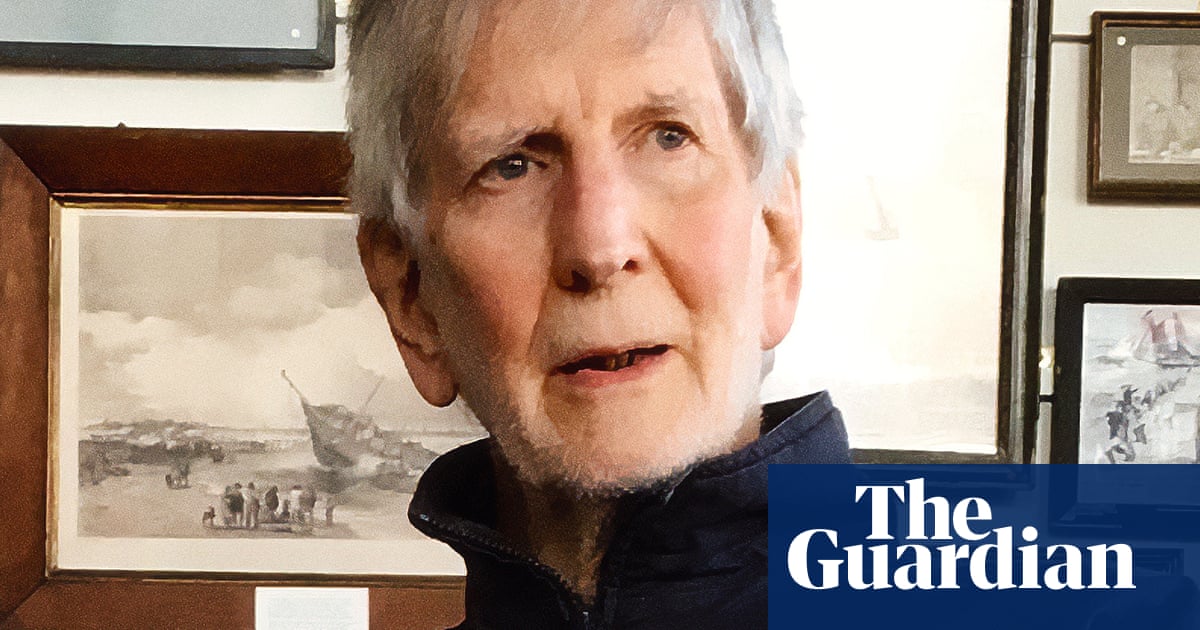My father, Robert Tollemache, who has died aged 88, was a well-respected psychotherapist, best known for his work at theOpen Dooryoung people’s mental health charity, the Inner City Centre psychotherapy service and the medical foundationFreedom from Torture.
He completed his training at the Lincoln Clinic and Centre for Psychotherapy in 1985, and for 40 years maintained a private practice in Highbury, north London. Alongside his clinical work, he campaigned tirelessly to raise awareness on environmental issues, completing a PhD, aged 79, on climate change denial. He was still working for theIslington Climate Centreweeks before his death.
Born at the Royal Marines barracks in Plymouth, Robert was the youngest of the four children of Nora (nee Taylor) and Maj Gen Sir Humphry Tollemache. Robert believed that his outward reserve was the combined result of an unhappy period boarding at Uppingham school, and his time doing national service in the Royal Marines in Egypt (1955-57). He then studied history at Magdalene College, Cambridge. In 1960 he took part in VSO in Aden, Yemen, followed by a year at the Institute of Education in 1961 where he trained as a history teacher and met his future wifeLorraine Allen. The couple married and moved to Cornwall to work at St Austell grammar school in 1962, before Robert’s career took what he termed a “crab-like zigzag” through a range of professions: solicitor, probation officer and social worker.
His concern with social justice was informed by the volunteer work he undertook in the mid-60s for the Samaritans under the aegis of the organisation founder Chad Varah at St Stephen Walbrook, in the City of London. Always involved in local politics, Robert stood unsuccessfully in Islington as a prospective Labour candidate in the 1968 London borough council elections.
In the mid-60s he and Lorraine fostered two children, Carol and Tony, and adopted me in 1966 and my sister Rosa in 1971. Their ramshackle Victorian house teemed with art, books, political debate and people needing a bed for the night, among them baronets and members of the Exploding Galaxy, a counterculture collective of artists and musicians. Robert loved folk music and played the guitar well.
In his retirement he cared for Lorraine as she developed Alzheimer’s, surrounded by the artwork they had created at Edinburgh College of Art summer schools. He took part in several Extinction Rebellion protests and published academic articles on global warming. Robert introduced a poetry club to the memory cafe at Christ Church, Highbury, where he shared verse that sparked childhood memories in those with Alzheimer’s or dementia.
He was an active member of the Stoke Newington Quakers and took part in innumerable adult education classes, ranging from Mandarin to tai chi and even flamenco, memorably dancing at Sadler’s Wells in the early 1990s – not an easy thing to do for a willowy man of 6ft 4in.
Lorraine died in 2023. Robert is survived by Rosa and me, and four grandchildren, Finn, Lizzie, Poppy and Felix.
